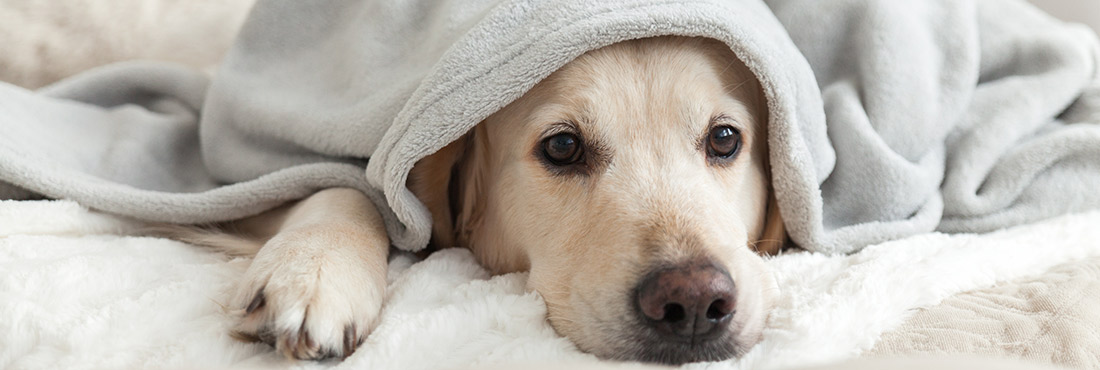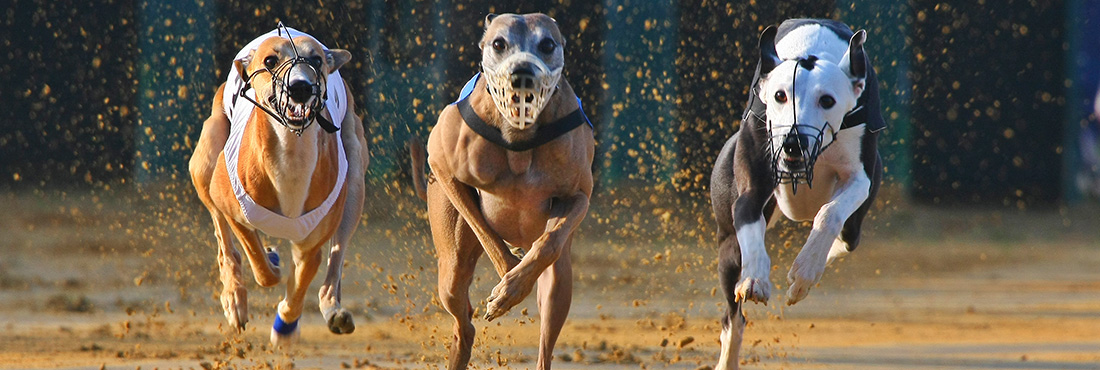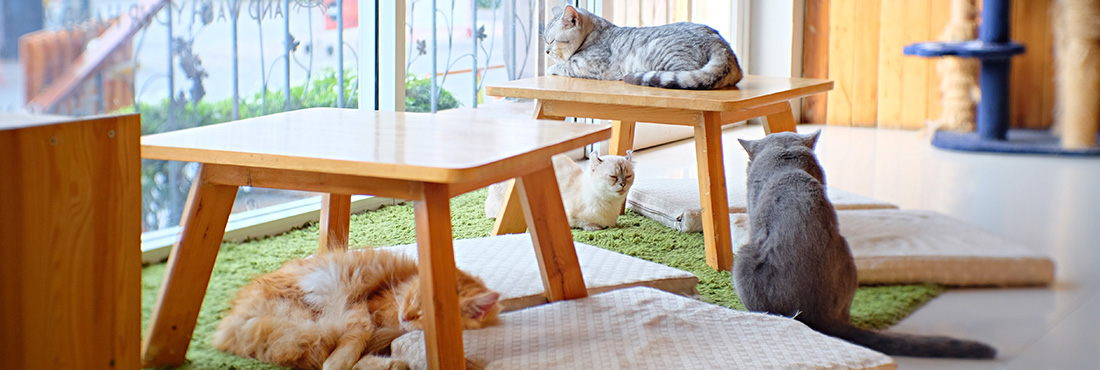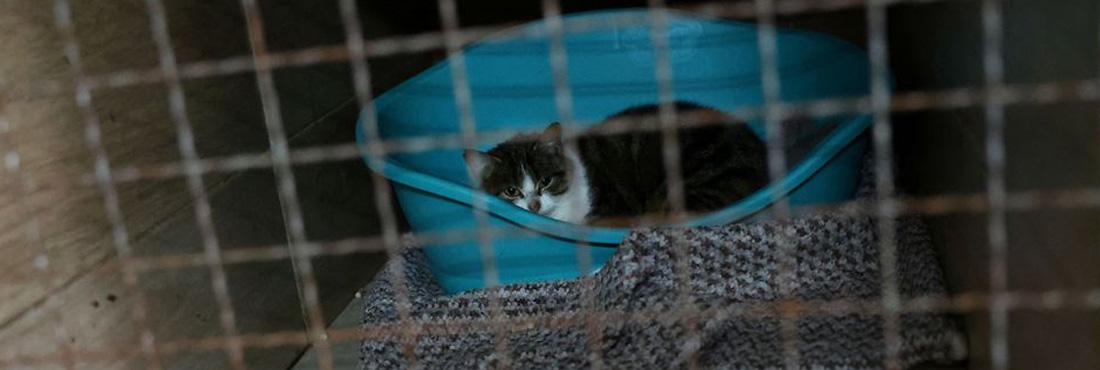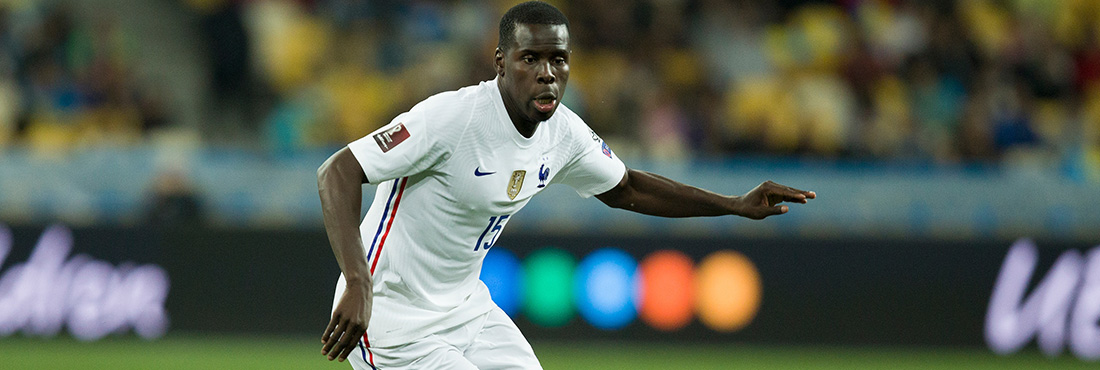Canine Infectious Respiratory Disease Complex, or CIRDC, presents similar symptoms to the canine flu or a dog with a cold. At the present time, a number of cases of CIRDC are being seen in South Florida.
Miami-Dade Animal Services are urging dog owners to keep their pets up-to-date with their vaccinations and to avoid areas where there are multiple dogs for now. Where there are lots of dogs together, such as at a dog park, there is a higher risk of your dog contracting CIRDC.
How to Avoid CIRDC
To keep your dog safe and avoid the respiratory disease that’s circling southern Florida, you can take these steps:
1. Only walk your dog in areas where you can quickly leave if it becomes crowded.
2. Don’t let your dog get too close to another dog.
3. Stop your stop from touching noses with other dogs.
4. Check when your pup’s next vaccination is due/take your dog for their vaccination if they are due.
5. Avoid other dogs that are coughing, hacking, or sneezing.
6. Quarantine your dog from other dogs at home if they show symptoms.
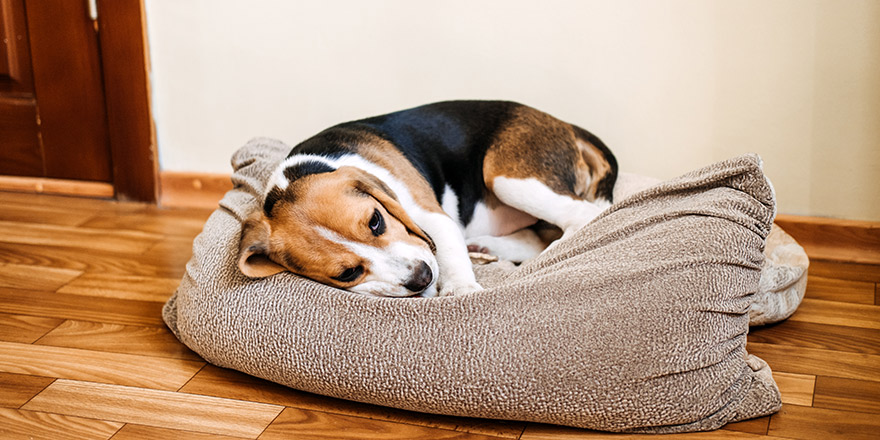
What to Do if Your Dog Catches the Virus
If your dog becomes ill and you notice them showing the symptoms of CIRDC, don’t panic. CIRDC’s symptoms are so similar to canine colds and flu that it’s hard to tell them apart. Your dog could just have a simple cold and not Canine Infectious Respiratory Disease Complex.
The difference is that CIRDC is a combination of viruses that attack the respiratory tract and cause respiratory symptoms. It’s spread by direct contact with a dog who has the virus, or by your dog being in contact with a human who has had direct contact with an infected dog. The virus can be carried on clothing, hands, dog toys, and more.
Most dog owners have never heard of the virus, but it has the potential to be very dangerous to your dog if left untreated.
If your dog gets symptoms, the first thing you need to do is make an appointment with your veterinary clinic. Your dog will need a schedule of antibiotics to fight the virus. Without them, it’s extremely unlikely that your dog will get well again. It’s a viral infection, and your pup will need the medication to help their immune system fight back.
Following a diagnosis, be sure to avoid contact with other dogs or people who you know have regular contact with dogs. Treat the virus like you would treat COVID. Be sure to get your dog outside at least once a day but choose an area where you don’t usually see other dogs and keep an eye on your pup’s energy levels.
Once infected, the virus can stay with your dog for between 2 weeks and one month. The incubation period for this virus is 3 to 10 days, so it’s possible for your dog to have been infected a week ago and you might not know yet.

